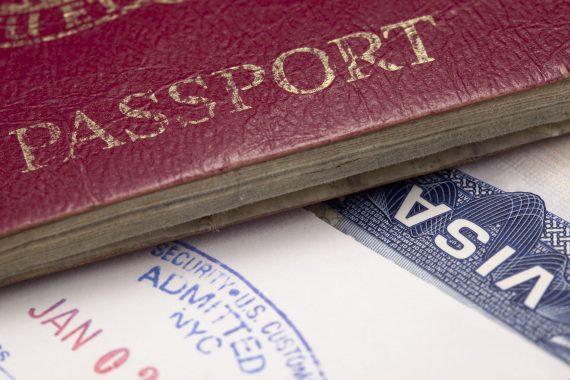How will Brexit impact on the GP workforce?

Many NHS organisations, including GP practices, are facing increasing uncertainties over recruitment as the UK heads towards ‘Brexit day’ next March.
NHS chiefs have warned of gaps in rotas and patients missing out on care. The RCGP has predicted over 100 million patients waiting over a week to see a GP each year by 2020.
The problem has been exacerbated by the Government’s ‘hostile environment’ policy on immigrants, which recently caused widespread outrage over treatment of the Windrush generation, many of whom came to work in the NHS after the Second World War.
In the past six months, large numbers of experienced overseas doctors have been denied access to the UK owing to Tier 2 visa caps. It was recently revealed that the Prime Minister refused to allow more doctors in this month.
The issue was also brought into sharp focus by the case of Dr Luke Ong, the Singaporean doctor refused indefinite leave to remain after 10 years of training and just six months before qualifying as a GP here. Our organisation, the Immigration Advice Service, helped Dr Ong in getting the Home Office to overturn this decision, but it is one of several cases our lawyers are currently representing.
Amid this instability, GP practices will need to be mindful of how Brexit and changes in immigration rules affecting EU and non-EU residents could impact on who they can employ or seek to recruit in the coming years.
Employing GPs and nurses after Brexit
EU nationals currently face no work restrictions in the UK, but Brexit is set to end free movement of workers into the country. After this, individuals will have to have spent at least five years in the UK to be granted indefinite leave to remain (currently known as EEA Permanent Residence under European law).
This means EU nationals who have already been in the UK for five years by Brexit day on March 29 2019 should receive documentation proving their right to be here indefinitely.
For those who do not have five years’ continuous residence, or who enter during the Brexit ‘implementation phase’ (due to last until the end of 2020), the Government has provided assurance that they will be able to receive temporary visas that will allow them to gain the required five years to apply for indefinite leave to remain.
This means GPs and nurses from the EU should avoid visa restrictions placed on their non-EU counterparts for some time after Brexit passes, although the longer term situation remains uncertain and there have been reports that recruitment from the EU has already dropped sharply.
How changes could impact on non-EU nationals
The chief executive of NHS Employers has appealed to the Government to remove NHS workers from net migration figures, a move backed by the former Home Secretary Amber Rudd.
If this is taken up by new Home Secretary Sajid Javid, it could help non-EU overseas medical professionals to join the NHS workforce in the near future. However, the Government has up to now rejected requests for NHS workers or students to be excluded from the figures.
Until something is agreed, employing non-EU nationals as GPs will remain difficult.
However, if GPs are were to be put the shortage occupation list, a GP post would bypass the Resident Labour Market Test and immediately be open to non-EU nationals. Those coming to the UK to fill such posts enjoy reduced visa fees and can even sometimes slip past the visa cap, as they are providing a priority service.
Leading medical recruitment specialists have argued that the Government include GPs on the list, a call that has been backed by the BMA and the RCGP.
The list is reviewed regularly by the Migration Advisory Committee (MAC), an independent body which analyses workforce and supply levels to assess whether jobs should be placed in shortage.
Both the MAC and the Centre for Workforce Intelligence would have to identify a drastic supply shortage in GPs before considering it for the list. As an independent body, however, the MAC is not subject to Government policy on immigration and so could be more inclined to grant relief to GPs and recruiters in the face of the current rising shortages.
Looking to the Commonwealth
Additionally, with the number of EU nurses employed in the UK declining year on year, the Government is looking to drive recruitment in Commonwealth countries. It recently announced an initiative to train and employ nurses from Jamaica for a limited period of three years.
However, commentators have noted that this offer may sour in light of the Windrush scandal. With the right agreement, the Commonwealth could be a place to build relationships following the UK’s break from the EU (especially for nurses as a shortage occupation) but this will likely require a shift in Government immigration policy.
Damon Culbert writes for the Immigration Advice Service, which offers specialist immigration legal advice









